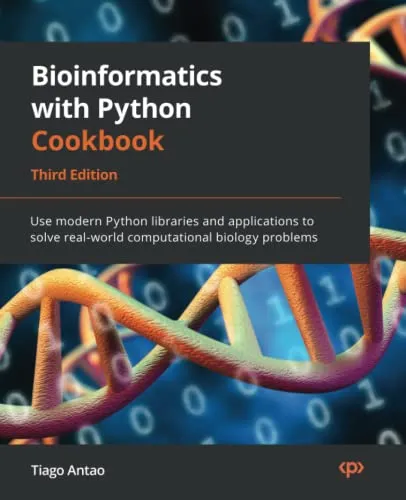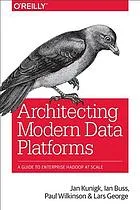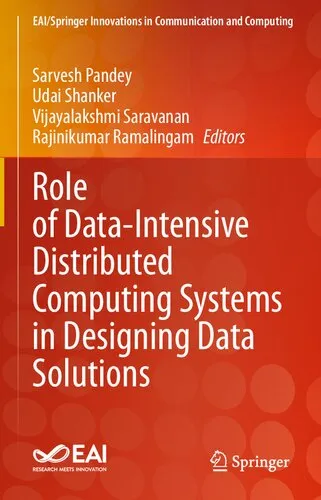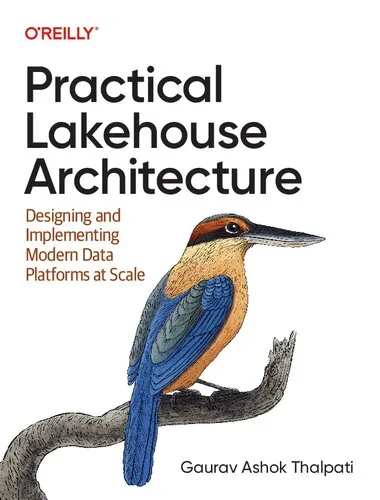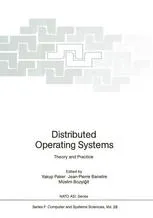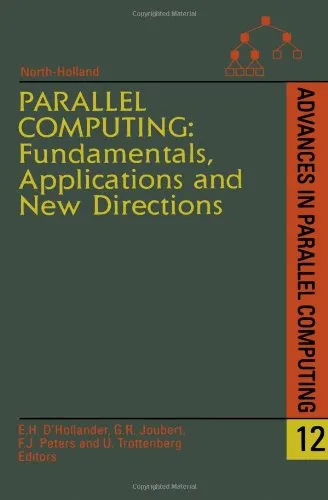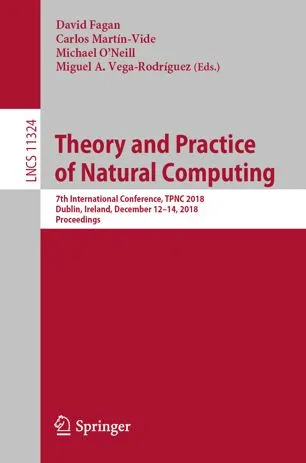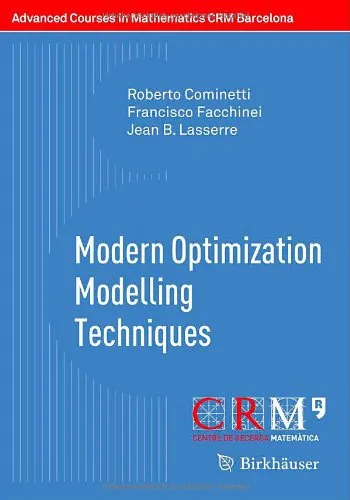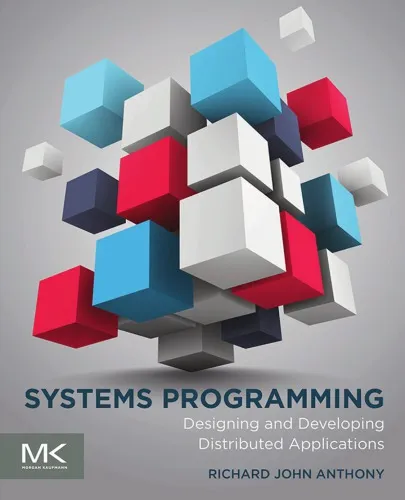Principles and Applications of Distributed Event-Based Systems
4.0
Reviews from our users

You Can Ask your questions from this book's AI after Login
Each download or ask from book AI costs 2 points. To earn more free points, please visit the Points Guide Page and complete some valuable actions.Related Refrences:
Introduction to "Principles and Applications of Distributed Event-Based Systems"
The field of distributed event-based systems (DEBS) has grown significantly over the last few decades, becoming a cornerstone of modern computing systems. My book, "Principles and Applications of Distributed Event-Based Systems", provides a comprehensive overview of this transformative domain, blending theoretical underpinnings with practical applications. This text aims to cater to both academic researchers and industry professionals by offering a clear understanding of the concepts, principles, and real-world implications driving event-based systems.
At its core, this book addresses the dynamic and real-time nature of event-based systems, making it an indispensable guide for designing systems that require swift responses to events across distributed environments. As these systems power domains like IoT, financial systems, and large-scale monitoring platforms, the insights provided in this book could not be more timely or relevant.
Detailed Summary of the Book
Distributed event-based systems enable asynchronous communication between loosely coupled components, making them ideal for applications that demand high scalability, reliability, and real-time processing. The book is divided into several key sections that build a foundational understanding and delve into advanced applications:
The initial chapters introduce fundamental concepts, such as the nature and flow of events, system architectures, and event-based communication paradigms. These concepts set the stage for a deeper exploration of core topics like event dissemination, subscription models, and quality of service (QoS) requirements.
A significant portion of the book is dedicated to middleware, emphasizing the role of brokers and publish-subscribe models in enabling seamless communication. It also covers design patterns to optimize system behavior across distributed environments and demonstrates how real-world systems solve challenges like event ordering, fault tolerance, and state consistency.
Finally, the use of distributed event-based systems in emerging domains—such as Internet of Things (IoT), smart cities, and cloud computing—is explored with real-world case studies. This highlights the versatility and practical relevance of the technology while offering actionable insights into systems development.
Key Takeaways
- Understand the principles of event-based systems at a fundamental and advanced level.
- Learn about middleware and system design for high-performance distributed systems.
- Explore real-world applications and systems to understand how theory is applied in practice.
- Discover design patterns and best practices to improve scalability, fault tolerance, and reliability.
- Gain insight into emerging trends in IoT, cloud computing, and data-driven systems.
Famous Quotes from the Book
"In a world where computation is distributed and events stream in real-time, success is defined not just by speed but by graceful and reliable interactions."
"While events are transient by nature, the systems that manage them must achieve enduring impact, operating reliably amid failures and scaling to meet the needs of ever-changing workloads."
"The true beauty of distributed event-based systems lies in their ability to transform chaos into clarity, by distilling the noise of events into actionable insights."
Why This Book Matters
As distributed systems continue to evolve, understanding how to build and manage event-driven architectures has become a critical skill set for both developers and system architects. The book "Principles and Applications of Distributed Event-Based Systems" matters because it addresses this gap comprehensively and systematically.
It brings together technical rigor and practical relevance, offering readers an accessible yet profoundly impactful resource. By exploring the confluence of system design, middleware innovation, and real-world applications, this text equips readers to tackle the complex challenges of distributed computing. Moreover, as the demand for real-time systems expands across industries, the principles outlined in the book offer a sustainable and future-proof approach to designing robust systems.
Whether you're a researcher seeking to contribute to the advancement of distributed systems or a professional looking to design scalable, event-driven platforms, this book provides the knowledge and tools to achieve your goals.
Free Direct Download
You Can Download this book after Login
Accessing books through legal platforms and public libraries not only supports the rights of authors and publishers but also contributes to the sustainability of reading culture. Before downloading, please take a moment to consider these options.
Find this book on other platforms:
WorldCat helps you find books in libraries worldwide.
See ratings, reviews, and discussions on Goodreads.
Find and buy rare or used books on AbeBooks.
1353
بازدید4.0
امتیاز0
نظر98%
رضایتReviews:
4.0
Based on 0 users review
Questions & Answers
Ask questions about this book or help others by answering
No questions yet. Be the first to ask!


